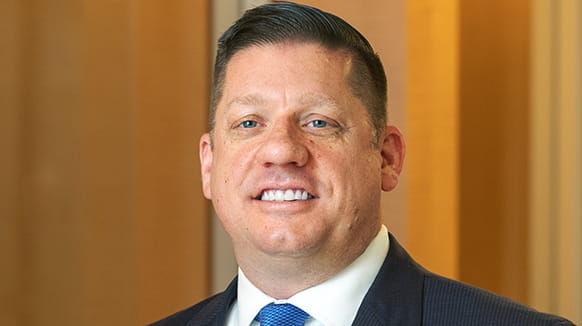Haynes Boone Partners David McCombs, Eugene Goryunov, Dina Blikshteyn and Counsel Jonathan Bowser authored an article in Westlaw Today on President Biden's Executive Order to establish new standards for the development, training, and implementation of artificial intelligence (AI) tools.
Read an excerpt below:
On October 30, 2023, President Biden issued an Executive Order1 that seeks to establish new standards for the development, training, and implementation of artificial intelligence (AI) tools.
Bypassing Congress, the Executive Order creates a national policy on the regulation of AI that focuses primarily on AI developers and the data used in the implementation of AI tools.
The Executive Order indicates that "[t]he rapid speed at which AI capabilities are advancing compels the United States to lead in this moment for the sake of our security, economy, and society." The Executive Order seeks to promote AI safety, security, privacy, civil rights, consumer and worker protection, and is intended to promote innovation, competition and US leadership in AI.
With respect to intellectual property (IP) issues, the Executive Order requires:
- The U.S. Patent and Trademark Office (USPTO) to issue guidance to patent examiners and applicants addressing inventorship and the use of AI, including generative AI, in the inventive process, including illustrative examples in which AI systems play different roles in inventive processes and how, in each example, inventorship issues ought to be analyzed.
- The USPTO to issue additional guidance to patent examiners and applicants to address other considerations at the intersection of AI and IP, which could include, as the USPTO Director deems necessary, updated guidance on patent eligibility to address innovation in AI and critical and emerging technologies.
- The USPTO Director in consultation with the Copyright Office to make recommendations on potential executive actions relating to copyright and AI. The recommendations shall address any copyright and related issues discussed in the United States Copyright Office's study, including the scope of protection for works produced using AI and the treatment of copyrighted works in AI training.
- The Department of Homeland Security (DHS) to develop training, analysis, and evaluation programs in coordination with other federal and state agencies to mitigate AI-related IP risks and adapt IP enforcement strategies to curtail IP theft.
- The President's Council of Advisors on Science and Technology to issue a report on the potential role of AI and its implications for scientific research, including tackling major societal and global challenges. The report shall include a discussion of issues that may hinder the effective use of AI in research and practices needed to ensure that AI is used responsibly for research.
- Federal agencies to promote responsible innovation, competition, and collaboration to allow the United States to lead in AI and unlock the technology's potential to solve some of society's most difficult challenges. This effort requires investments in AI-related education, training, development, research, and capacity, while simultaneously tackling novel IP questions and other problems to protect inventors and creators.
To read the full article in Westlaw Today, click here.


